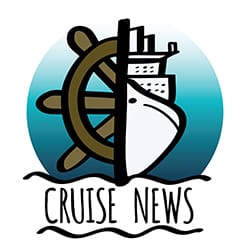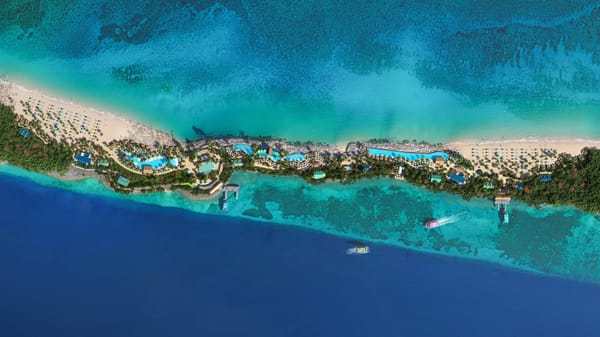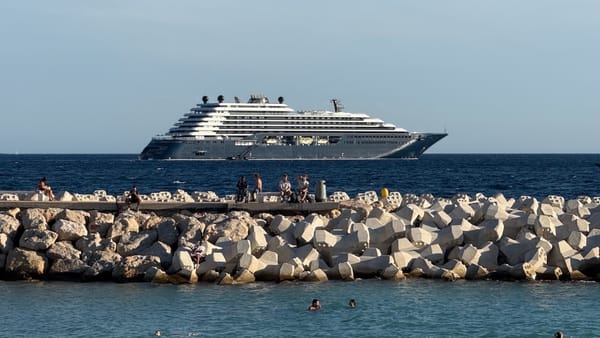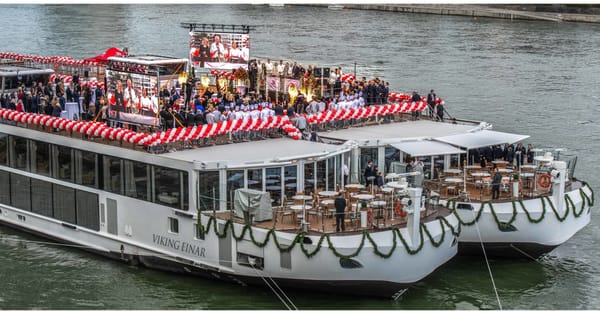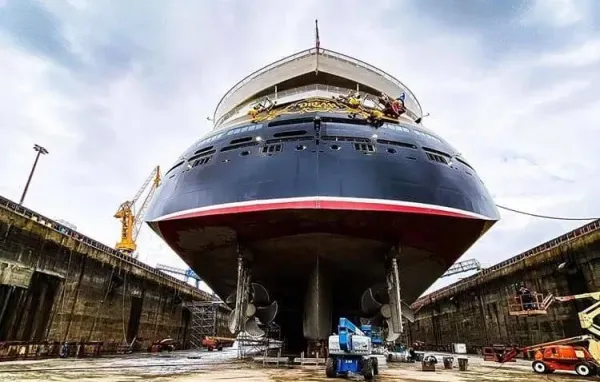Cruise industry boosts cybersecurity for safety
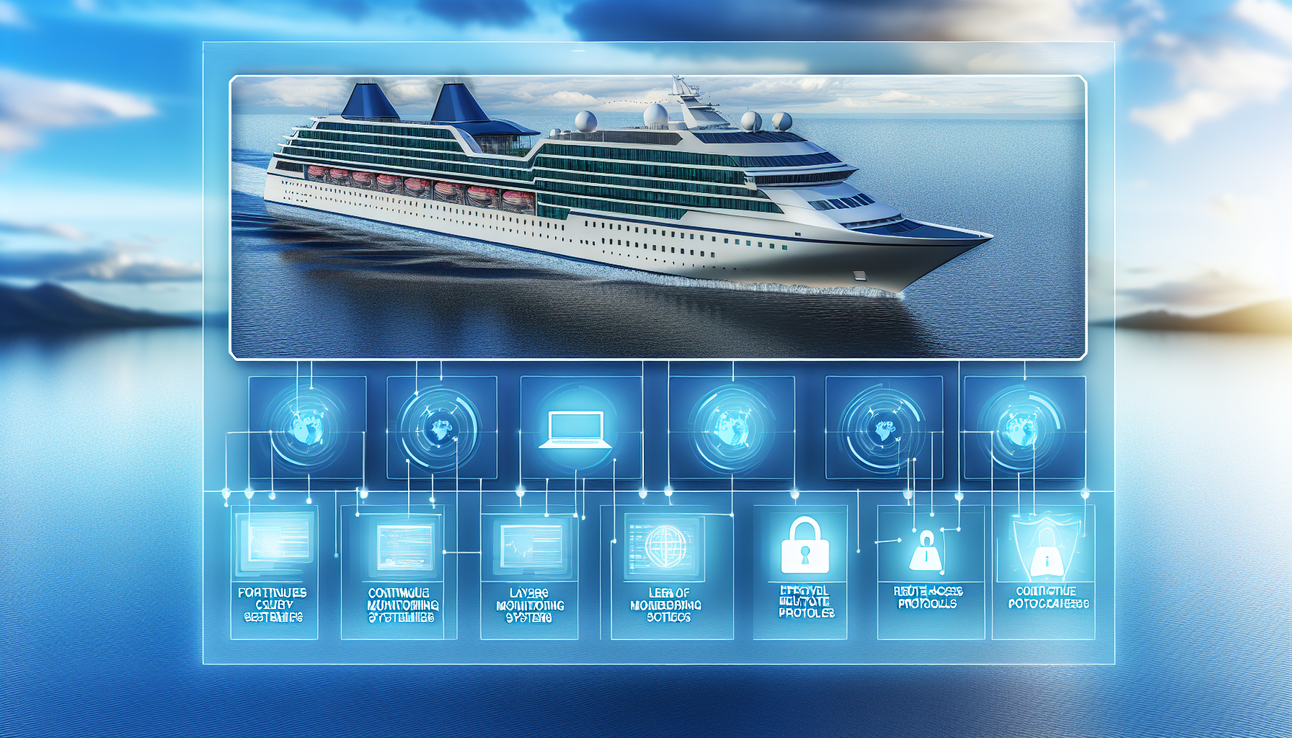
The cruise industry is increasingly prioritizing cyber security measures to combat potential threats and vulnerabilities. Leaders within prominent companies, including Carnival Corporation, emphasize the necessity of a layered defense strategy. This approach is designed to protect critical maritime systems and ensure the safety of passengers aboard their vessels. Chief Information Security Officer Devon Bryan highlighted the importance of layering technologies and risk-based processes, while also investing in skilled personnel who can address potential cyber threats.
Leigh Carr, the Vice President of Maritime Cyber Safety at Carnival Corporation, noted that her responsibilities include safeguarding critical assets, from navigation to safety management systems. Constant monitoring and threat identification are paramount in their efforts to protect these assets. As the industry evolves, so too do the methods employed to counteract cyber threats.
The Importance of Cyber Security in the Cruise Industry
The cruise industry has become increasingly reliant on technology, integrating various systems to enhance passenger experiences, improve operational efficiency, and ensure safety. However, this reliance also opens the door to cyber threats that can potentially endanger lives, disrupt services, and damage the environment. The challenges posed by bad actors have sparked a concerted effort within the industry to bolster cyber defenses comprehensively.
Cyber Security Strategies Employed by Cruise Lines
Carnival Corporation is implementing a multi-faceted strategy to strengthen its cyber security measures. This includes working closely with industry partners, flag states, and organizations like the International Maritime Organization (IMO) to create a unified front against cyber threats.
Their layered defense model, which is based on the NIST Cybersecurity Framework, revolves around five core principles: identify, protect, detect, respond, and recover. By focusing on these elements, companies aim to minimize the impact of potential cyber incidents while ensuring swift recovery capabilities.
Defending Against Cyber Threats
The complexities of modern cruise ships, which encompass everything from hotel management systems to navigation and environmental controls, necessitate a robust defense against potential threats. The integration of various technologies enhances the guest experience but also complicates security measures.
Bryan explains that the threat landscape continues to evolve, with new challenges such as satellite jamming and spoofing emerging as serious concerns. In response, companies are prioritizing threat intelligence to proactively safeguard their operations.
Employee Training and Awareness
A critical component of safeguarding systems is ensuring that all employees, from shipboard crew to corporate staff, are trained in recognizing and responding to potential cyber threats. Carnival Corporation emphasizes a culture of awareness, encouraging employees to report any unusual activity or vulnerabilities they may encounter.
This sense of teamwork in addressing cyber security challenges is essential. Carr notes that when everyone is engaged in cyber safety, the collective vigilance enhances the overall security posture of the organization.
Challenges Posed by Increased Connectivity
The advent of increased connectivity across ships has introduced new vulnerabilities. While these advancements improve communication and operational capabilities, they also create avenues for potential exploitation by malicious actors.
To address this, Carnival Corporation has developed secure remote-access protocols to allow technicians to perform necessary tasks without compromising cyber security. Such a proactive approach ensures that the company maintains control while also adapting to the realities brought on by technological advancements.
Environmental Considerations in Cyber Security
Cyber security is not solely about financial integrity and system protection; it extends to environmental safety as well. Bryan emphasizes that potential attacks on operational technology (OT) systems could foreseeably lead to environmental disasters, highlighting the urgency of maintaining robust cyber defenses.
With cruise ships increasingly adopting eco-friendly technologies, the interplay between technology and environmental responsibility underscores the need for vigilant cyber security practices that protect both human lives and the maritime environment.
Future Directions for Cyber Security in the Cruise Industry
As the cruise industry continues to grow, technology will play a pivotal role in shaping its future. Cyber security strategies must evolve alongside technological advancements to ensure that businesses can protect their operations effectively while delivering seamless experiences to customers.
Bryan believes that investing in the right technologies and processes is essential to achieve success. His organization's guiding principle, “Ship & Shore, Always Secure,” encapsulates their commitment to a security-first mindset that prioritizes both passenger and operational safety.
Collaboration Across the Industry
To enhance industry-wide cyber security measures, collaboration among cruise lines, maritime organizations, and governmental bodies is crucial. By sharing intelligence and fostering a spirit of cooperation, the cruise industry can better prepare for and respond to the myriad of potential threats it faces.
Furthermore, staying informed about emerging trends and threats will ensure that cruise lines remain ahead of the curve. The collective efforts of the industry will ultimately lead to a more secure environment for everyone involved.
Conclusion
The cruise industry is at a critical juncture where the integration of technology and the need for increased security measures coincide. As evidenced by Carnival Corporation's proactive strategies, the emphasis on cyber security is paramount in safeguarding both the operational integrity of cruise ships and the well-being of passengers.
Through a combination of employee training, technological advancements, and collaboration across maritime entities, the industry can form a resilient defense against cyber threats. In a world where cyberattacks are increasingly common, the commitment to actionable security measures will be vital for the ongoing success and safety of the cruise sector.
FAQs
1. Why is cyber security important in the cruise industry?
Cyber security is important because cruise ships rely heavily on interconnected systems that can be susceptible to cyber threats, which can endanger passenger safety and disrupt operations. Adequate security measures protect critical data and ensure the safe operation of maritime systems.
2. What strategies are cruise lines using to improve cyber security?
Cruise lines are employing layered defense models based on established frameworks like NIST, focusing on identifying, protecting, detecting, responding, and recovering from cybersecurity incidents. They also invest in employee training and partnerships with industry bodies to enhance collective defenses.
3. How do increased connectivity and technology impact cyber security in cruising?
Increased connectivity enhances operational capabilities but also introduces vulnerabilities that bad actors may exploit. Cruise lines must deploy robust security measures to safeguard data and protect essential systems against exploitation.
4. What role does employee awareness play in maintaining cyber security on cruise ships?
Employee awareness is crucial as it fosters a culture of vigilance where staff can promptly identify and report suspicious activities, thereby enhancing overall security. Engaged personnel can act as a first line of defense against potential cyber threats.
5. How do cyber security measures also protect environmental interests in the cruise industry?
Cyber security measures protect environmental interests by preventing attacks on operational technology that could lead to environmental disasters. Ensuring the integrity of systems helps maintain safe and environmentally responsible operations on cruise vessels.
